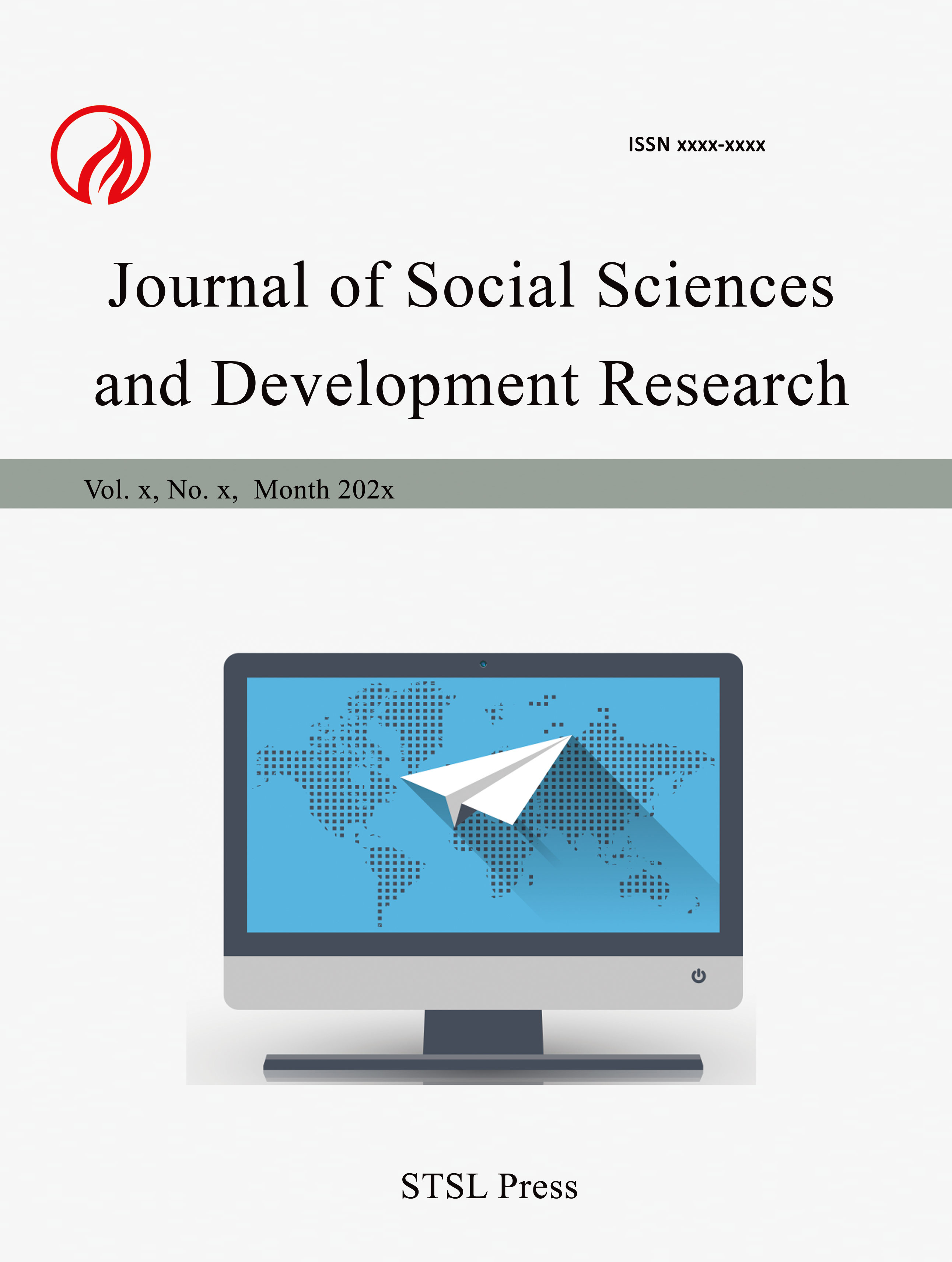Influence of Organizational Processes on Sustainable Sport Development of Commune of N’Djamena
Ahmat Goukouni Boulma
Olufemi Adegbola Adegbesan
Ramonu Sanusi
Oluwaseyi Samson Oladipupo
Abstract
For several years, the world has focused its attention on the Sustainable Development Goals for 2030. As a stakeholder in society, sport has proven to be an important tool for sustainable development as a vector of peace, tolerance, of respect and education. Thus, this global reach of sport in the city of N’Djamena is slow to establish itself as a determining tool in the service of sustainable development. This study examined the revised sustainability variables of the African Union sports policy that determines the development of sport in N’Djamena. The correlational descriptive survey research design was adapted in the study. Practical, purposive and simple random sampling techniques were used to select 411 respondents; while a self- developed questionnaire was used for data collection. The results showed that operational planning (r=0.660, p<0.05), resources (r=0.572, p<0.05), communication (r=0.744, p<0.05), sport Personal (r=0.626, p<0.05) and sports feedback and control (r=0.758, p<0.05) were independently tested to be significant on the development of sport in N'Djamena. The positive relationship between the sustainability variables of operational planning, resources, sports personnel, sports communication, and feedback and sports control implied that an increase in each of the variables would influence the development of sport in N'Djamena. Consequently, it is clear that the pillars of sustainability as cited in Agenda 21 must be further highlighted by those involved in the development of sport in N'Djamena. However, our results highlight the weak relationship between sustainability variables and the development of sport.
Paper:
pdf
DOI:
https://doi.org/10.71002/jssdr.v2n1p14
 This work is licensed under a
Creative Commons Attribution 4.0 License.
This work is licensed under a
Creative Commons Attribution 4.0 License.
Contact us
- Michael Schaper
- jssdr@stslpress.org
